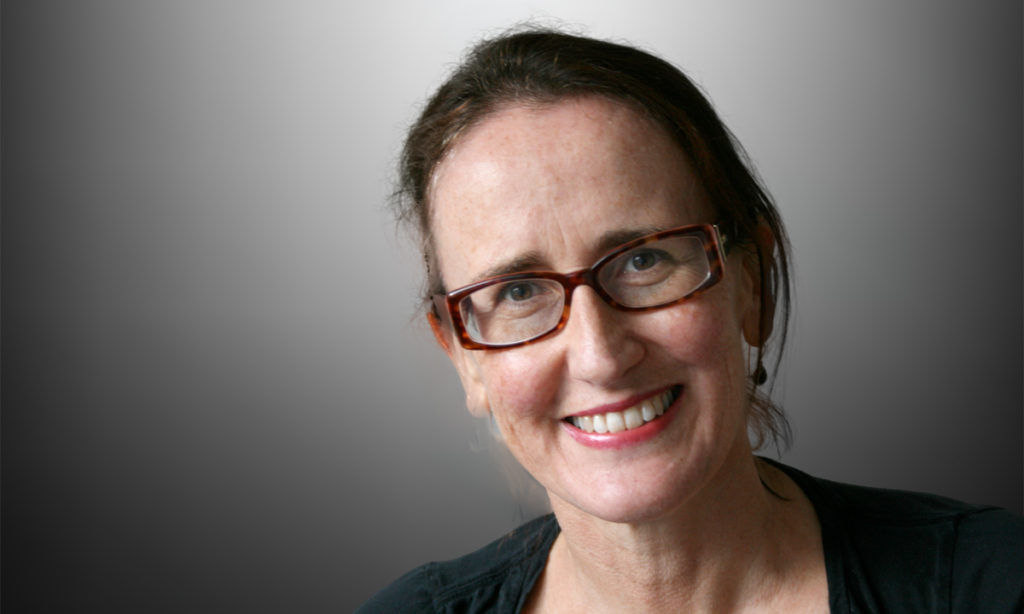THE founder of modern triage systems is often said to be Dominique Jean Larrey, a surgeon in Napoleon’s army also credited with the introduction of ambulances to the battlefields of the late 18th century.
A swashbuckling figure and master of emergency amputation, Larrey established a categorical rule for triage in times of war. Seriousness of injury and urgency of need for treatment were to be the guiding principles, not rank or nationality.
Triage systems may have evolved in complexity since Larrey’s time, but those principles are still with us in one form or another. We expect to see them applied in war and in response to earthquakes and other natural disasters.
Those of us fortunate enough to live in wealthy countries such as Australia are not used to thinking of triage as a process that might exclude people from treatment entirely, rather than simply determining the order of treatment.
Nor are we used to seeing it applied to infectious diseases, as has happened in Italy and elsewhere during the coronavirus disease 2019 (COVID-19) pandemic.
There are of course more or less hidden forms of triage that operate even in a country such as ours. Ultimately, resources are always going to be limited, requiring decisions to be made, for example, about who should receive scarce donor organs or which treatments should be subsidised via the Pharmaceutical Benefits Scheme or Medicare Benefits Schedule.
More insidiously, wealth, education and connections can also act as forms of triage, making treatment more accessible for some than for others.
COVID-19, though, takes it to a whole new level. When health systems are overwhelmed, health professionals may be required to make “inescapable, heartbreaking clinical decisions”, Rachel Coghlan and Will Cairns write in this issue of InSight+. For people trained to do their best by every patient, this can be beyond confronting.
Of course, health professionals working in less wealthy parts of the world have long had to grapple with such issues.
When disease strikes, countries with scarce or non-existent public health resources find themselves in a “constant state of triage”, Harvard’s Professor Frederick Burkle wrote in 2014 during West Africa’s catastrophic Ebola epidemic.
Triage decision making in such situations has to include not just the usual clinical signs, but also factors such as access to food, water, fuel and basic security.
“In many ways, [triage management] keeps the crisis recovery process honest by revealing unmet or unrecognized vulnerabilities and shortfalls,” wrote Professor Burkle, a specialist in humanitarian medicine who, like Dominique Jean Larrey, honed his skills as a combat surgeon.
The current pandemic has certainly exposed unrecognised vulnerabilities in some of the world’s wealthiest countries. There will be much to talk about when this is over.
Fortunately for us, Australia has so far avoided the catastrophic conditions and confronting clinical dilemmas seen elsewhere. But we’d be foolish to feel complacent.
Residents of wealthy countries such as ours have tended to luxuriate in the belief major disease outbreaks belong elsewhere, in poorer places without our quality health systems. COVID-19 has shown us just how delusional that belief can be.
The current crisis may be unprecedented in our lifetimes, but it may not be the last of its kind.
As human populations grow, as we encroach ever more on wildlife habitats, the risk of disease transmission between species will only grow.
The tough decisions being made now may turn out to be harbingers of even tougher ones to come.
Jane McCredie is a Sydney-based health and science writer.
The statements or opinions expressed in this article reflect the views of the authors and do not represent the official policy of the AMA, the MJA or InSight+ unless so stated.

 more_vert
more_vert